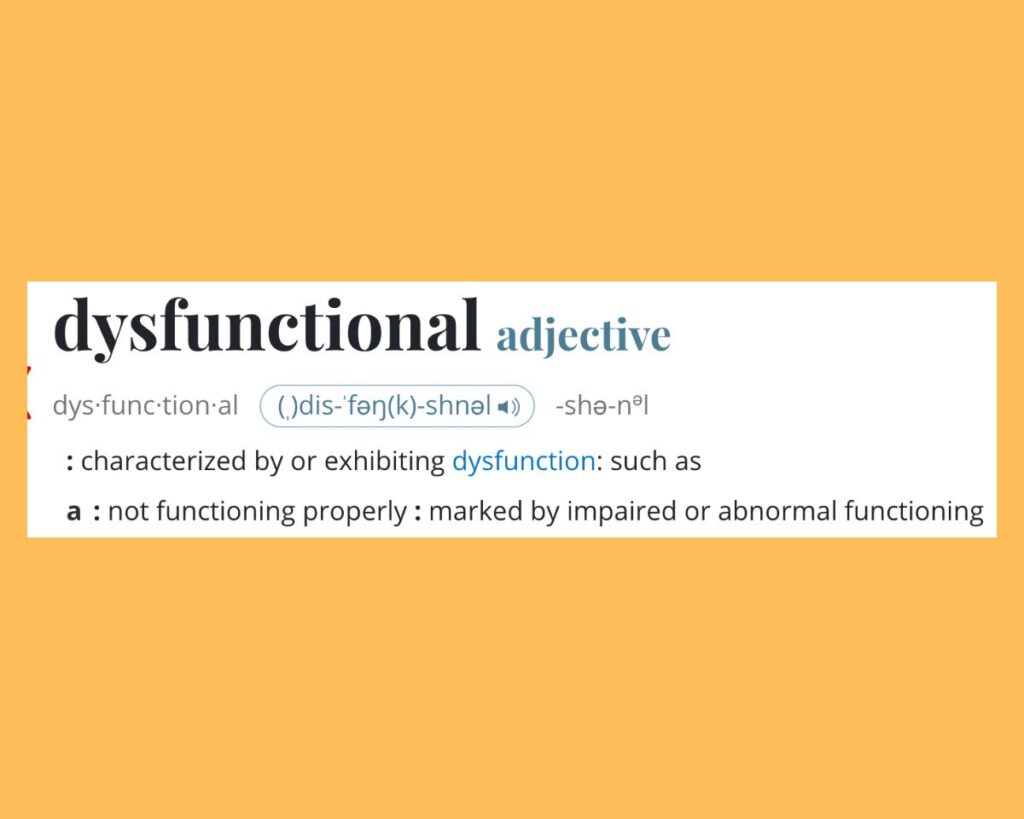Dysfunctional: not functioning properly : marked by impaired or abnormal functioning. (Merriam-Webster Dictionary).
Members of the dysfunctional Denver school board despise that governing body being called dysfunctional, repeatedly and emphatically denying that it is what it so plainly is.
Late in last week’s board meeting, during a discussion about a raise and contract extension for Superintendent Alex Marrero, board Vice-President Auon’tai Anderson read a long statement about why he opposed the new contract. He described how he and two other board members had been excluded from conversations about it.
“The superintendent’s contract was altered without all board members being properly consulted or a full board meeting being conducted in executive session,” Anderson wrote. “In this case, the process has occurred primarily via email, with unrealistic deadlines and without full transparency. This method of operation bypasses the thoughtful, comprehensive deliberation that should accompany decisions of such gravity.”
After he finished reading the statement, which neatly described a dysfunctional process, Anderson was quick to add:
“This is a part of democracy. We don’t always agree. It doesn’t make us dysfunctional.”
Well, yes, in fact, it does. And it continues a pattern that has been remarkably consistent since this board took office in December 2021.
Let’s be clear. Calling the board dysfunctional in no way suggests that any individual board member is dysfunctional on a personal or professional level. It means that as a collective, this group has proven itself incapable of functioning as a healthy governing body should function.
It. Is. Dysfunctional.
Having dispensed with that bit of clarification, let’s move onto the substance of Marrero’s raise and contract extension. The board voted 4-3 to increase Marrero’s salary to at least $305,000, a 10% boost to his base pay. The new contract also layers on performance pay of up to 12.5% of his base salary if he meets a series of goals.
Marrero had been the 12th highest-paid superintendent in the state before the raise, despite running Colorado’s largest district. He’s now number one.
On top of that, the board extended the term of the contract by one and possibly two years. It could now extend through June of 2027, with an opt-out for the board a year before that.
Give credit to Anderson and fellow board members Michelle Quattlebaum and Scott Esserman for recognizing that the timing and optics were terrible, given how off the rails DPS has been since Marrero came to town almost two years ago.
That’s not to blame Marrero alone. But he’s certainly not blameless, either. There has been an unprecedented talent drain from the central office since he became superintendent. And with the district under siege by critics on multiple fronts, this hardly seems the smartest time for the board to double down.
Here is what I suspect is happening behind the scenes. Rumors abound that Marrero has been approached by other urban districts around the country about openings. The salary boost and contract extension are inducements for him to stay.
Equally important, though, is the signal the raise and extension send to potential candidates should Marrero leave. A competitive salary and a board willing to offer a long-term contract could entice candidates that would have shied away from the lower pay.
That sounds plausible, until you remember the dysfunction. That alone is likely to keep the strongest candidates from considering DPS as a desirable destination. If Marrero were to leave, the board would probably struggle to find a suitable replacement.
Whatever any reader of this column might think of Marrero, would you really want the current school board hiring his successor? Let’s hope he hangs in at least until the November elections, when the board’s composition could change.
Or that an able interim like Dwight Jones might be willing to take the helm of this foundering ship and set it back on course.
On another note: The board at a meeting earlier in the week granted diplomas to 11 students who were displaced by the 2006 one-year closure of Manual High School. Manual was closed because of the abysmal job it did preparing kids for life beyond high school. Closing Manual 17 years ago was painful, and could have been handled better. But it was the right thing to do.
Board members and DPS administrators engaged in a stunning, even irresponsible display of revisionist history while granting the diplomas. Stay tuned for a deeper dive into the true story of Manual’s closure, warts and all.




